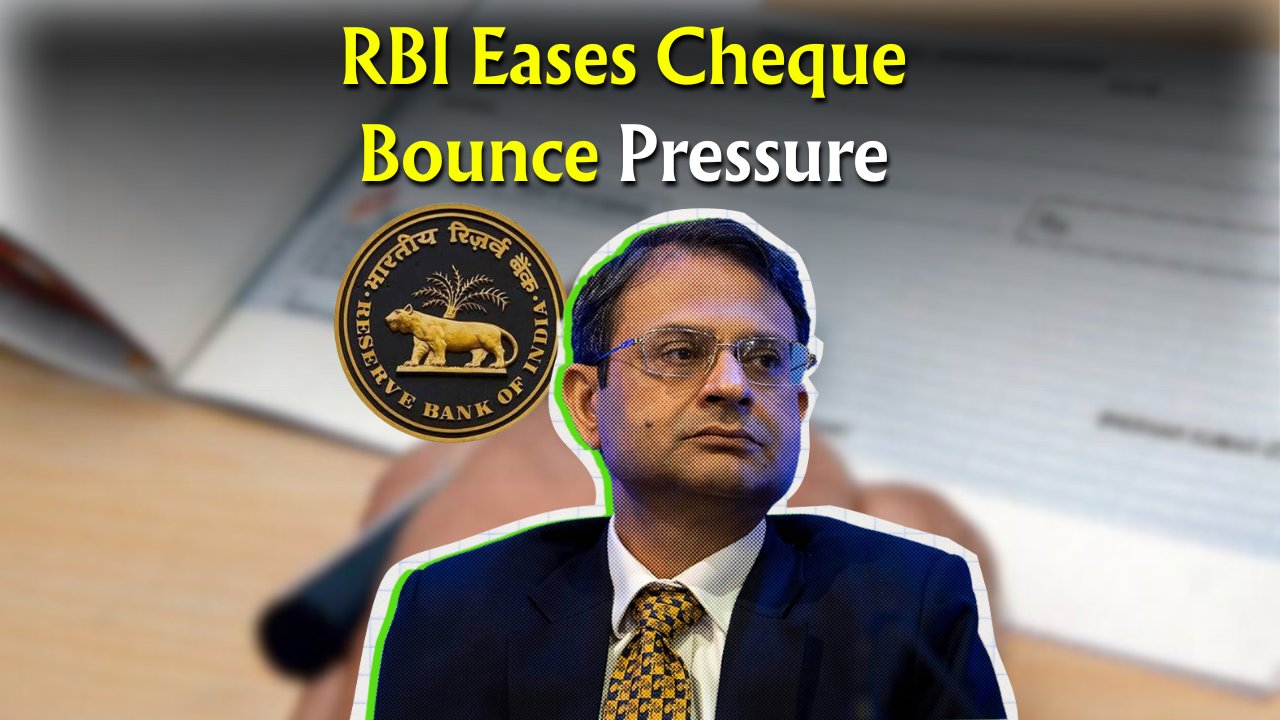8th Pay Commission : The Central Government is reportedly preparing for the implementation of the 8th Pay Commission, which is expected to bring a substantial hike in salaries for lakhs of government employees and pensioners. As inflation and living costs continue to rise, the move is anticipated to provide much-needed financial relief and restore the real value of income for employees.
Let’s explore the latest updates, expected salary hike, implementation timeline, and all essential details related to the 8th Pay Commission.
What is the 8th Pay Commission?
The Pay Commission is a body set up by the Government of India every 10 years to review and recommend changes in the salary structure of central government employees and pensioners.
- The 7th Pay Commission was implemented in 2016.
- The 8th Pay Commission is expected to take effect around 2026.
- Its primary objective is to ensure fair and inflation-adjusted wages.
- It will cover over 50 lakh employees and more than 65 lakh pensioners.
Why is the 8th Pay Commission Needed?
Rising inflation, stagnation in real income, and higher cost of living have prompted demands for a fresh salary revision.
Key Reasons for 8th CPC:
- The 7th Pay Commission failed to match inflation levels over the last 8 years.
- Real wages have decreased, particularly affecting lower and middle-level employees.
- Government employees’ unions have repeatedly raised the issue with the Finance Ministry.
- Social security, gratuity, and pension benefits need updates in line with today’s needs.
see more : LIC’s Pension Plan Gives ₹12,000 Monthly
Expected Salary Hike Under 8th Pay Commission
Although the government hasn’t released the official figures yet, analysts and employee unions have provided projections based on past trends.
Here’s a projected comparison:
| Current Pay Matrix Level | Existing Basic Pay (7th CPC) | Expected Basic Pay (8th CPC) | Estimated Hike (%) |
|---|---|---|---|
| Level 1 | ₹18,000 | ₹26,000 | 44% |
| Level 3 | ₹21,700 | ₹31,200 | 43.7% |
| Level 4 | ₹25,500 | ₹36,500 | 43.1% |
| Level 6 | ₹35,400 | ₹50,800 | 43.5% |
| Level 7 | ₹44,900 | ₹64,200 | 42.9% |
| Level 10 | ₹56,100 | ₹80,000 | 42.6% |
| Level 13 | ₹1,23,100 | ₹1,75,000 | 42.2% |
| Level 14 | ₹1,44,200 | ₹2,04,000 | 41.4% |
Major Financial Benefits Expected
The 8th Pay Commission will not just revise basic pay but will impact a number of additional allowances and retirement benefits.
Likely Benefits:
- Revised House Rent Allowance (HRA)
- Increased Transport Allowance
- Update in Dearness Allowance (DA) formula
- Improved Gratuity and Pension calculations
- Higher fitment factor expected (from 2.57 to possibly 3.68)
Fitment Factor Impact Table:
| Fitment Factor | Current Basic (₹25,000) | New Basic Pay |
|---|---|---|
| 2.57 (7th CPC) | ₹25,000 | ₹64,250 |
| 3.00 | ₹25,000 | ₹75,000 |
| 3.50 | ₹25,000 | ₹87,500 |
| 3.68 (Expected) | ₹25,000 | ₹92,000 |
When Will the 8th Pay Commission Be Implemented?
As per trends and expert predictions, the 8th Pay Commission is likely to be implemented by 1st January 2026. However, announcements and recommendations may be made in the 2025 Union Budget.
Timeline Highlights:
- Committee formation: Expected in early 2025
- Recommendations draft: Mid to late 2025
- Implementation: Likely from January 2026
- Arrears: May be paid from date of effect
Who Will Benefit from the 8th Pay Commission?
The Commission’s recommendations will benefit a wide range of stakeholders:
- Central Government Employees (All departments and cadres)
- Railways, Defence, and Postal Department staff
- Retired Government Pensioners
- Family pensioners
- Armed Forces personnel
- Autonomous bodies following central pay structure
What Are the Employee Unions Demanding?
Employee federations and unions have presented a common set of demands:
- Implementation should not be delayed beyond 2026.
- Minimum wage should be ₹26,000 or more.
- The fitment factor should be at least 3.68x.
- Pension benefits should be upgraded alongside pay revisions.
- Regular revision every 8 years instead of 10 years.
These demands are currently under review by the concerned ministries, and the Finance Ministry is expected to respond in upcoming budget announcements.
Challenges Ahead for the Government
While the decision is likely to be favorable for employees, there are some financial constraints that may impact the rollout.
Challenges include:
- High fiscal deficit
- Rising pension bill
- State governments’ response to similar revisions
- Budget allocations across welfare and infrastructure sectors
Despite these, the pressure from employee groups and economic realities may push the government to act timely.
The 8th Pay Commission, if implemented with employee-friendly recommendations, could significantly improve the purchasing power of millions of government workers and retirees. While exact figures and official confirmation are awaited, projections suggest a notable salary boost of 40–45% across various pay levels. Government employees and pensioners should stay alert for updates in upcoming policy announcements and Union Budget 2025.
The data and projections provided in this article are based on available reports, union demands, and historical trends. Official figures will be released only after the government forms the 8th Pay Commission panel and publishes the final recommendations.
How much is the pay expected to increase according to the 8th Pay Commission?
The pay is expected to increase significantly, stay updated to know when the raise will take effect.
How will the 8th Pay Commission impact salaries, and when is the expected raise?
The 8th Pay Commission is projected to significantly increase pay. Stay informed about the implementation timeline for potential salary adjustments.






